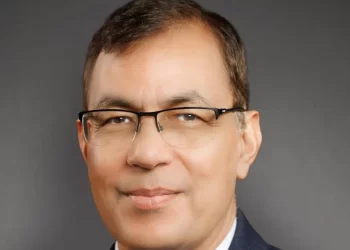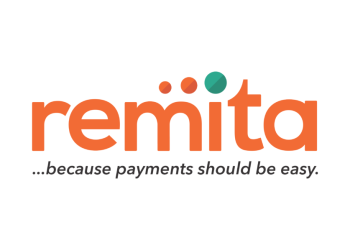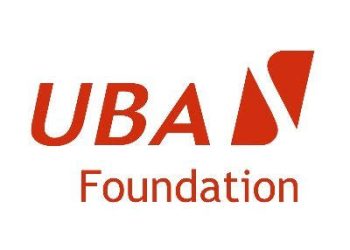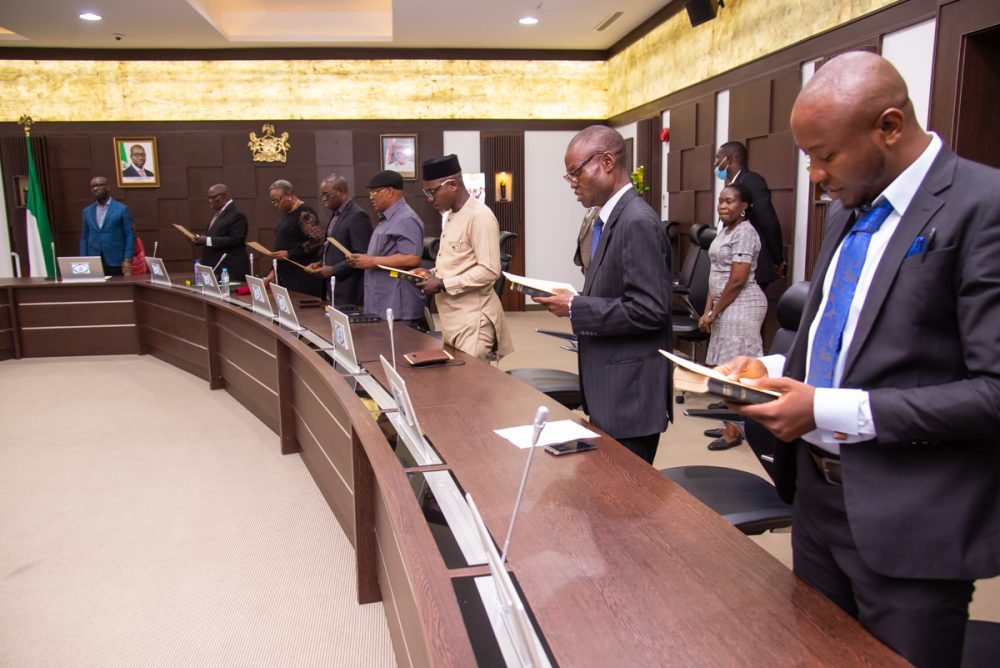“We will go to COP 27 this year with a roadmap that is appropriate to an achievable, sustainable energy transition in Africa rather than attempt to reach the goals set for countries that have not only much higher carbon emissions footprints than African nations, but also the funds and infrastructure to meet these set targets,’ says Anibor Kragha, Executive Director of the African Refiners and Distributors Association.
The body is holding its 16th annual conference, in Cape Town this week.
COP 27 in Egypt this year, will present an opportunity for Africa to make its case for a just energy transition roadmap that includes the funding options to meet realistic targets, says Kragha.
In the current circumstances of the war in Ukraine, and the influence it is having on global costs and supplies, Africa must become more independent in its provision of fuels, he says. ‘Our imperative objective is that we plan better to obtain investments in the African downstream. We also have to place our focus on the achievable changes we can make in clean cooking and transport fuels in the near-term. This means upgrading African refineries to produce cleaner AFRI-6 (10 ppm sulphur) fuels and driving the adoption of LPG as a cleaner cooking fuel to replace biomass. We have to come with an integrated story, headlined by storage and investments in the African industry’s unique conditions.’
Primary in the discussions at the conference has been the financing options for investment in African downstream projects and the regulatory frameworks needed to bring in the funds required to achieve energy transition at a pace appropriate to the African continent.
These investments must respond to the presentation of bankable projects to financiers. ‘And we will have to look a lot further than traditional sources of finance.’
A favourable development is the fact that the EU has finally agreed that LP gas is an acceptable transition fuel and Kragha believes that this will unlock investment interest, reflecting well, as it will, on investors wishing to pursue greener energy alternatives. However he cautions that ARDA’s target must be to attract both traditional and non-traditional sources by providing viable and valuable options for investment.
‘What we have to take to Cop 27 is our sustainably supported plan to obtain agreement from the International community on how we, as ARDA members and key stakeholders, will execute carbon abatement projects to generate globally acceptable and tradable carbon credits in the near future.
Kragha said that ARDA’s discussion points had as needs to focus on the path to transition in the African context. ‘And that means we need to go to COP 27 with the message, among others, that we have a plan that right now focuses on cleaner fuels for cooking and transport.
‘It must be our objective to emphasise that, at our current emission levels, our reduction of pollution will derive from cleaner cooking and transport fuels. We contend that the nations that can afford it should take the lead in more technically advanced solutions, while Africa can adopt mature, cost-effective options in future.
Since funding is limited it would be better for Africa to invest in upgrading refineries to produce cleaner fuels, developing associated storage and distribution infrastructure to deliver those cleaner fuels seamlessly across the continent. In addition, LPG for clean cooking should also be prioritized.
‘We need to keep in mind that without financing, a project is merely a pipedream,’ he warned.
The African Refiners and Distributors Association (ARDA) was formed in 2006 to provide a pan-African voice for the African Downstream sector across oil supply, refining and distribution.
The ARDA represents refiners, product importers, storage companies, marketers, and government regulators.
For further details see www.afrra.org or contact the ARDA on [email protected]















































